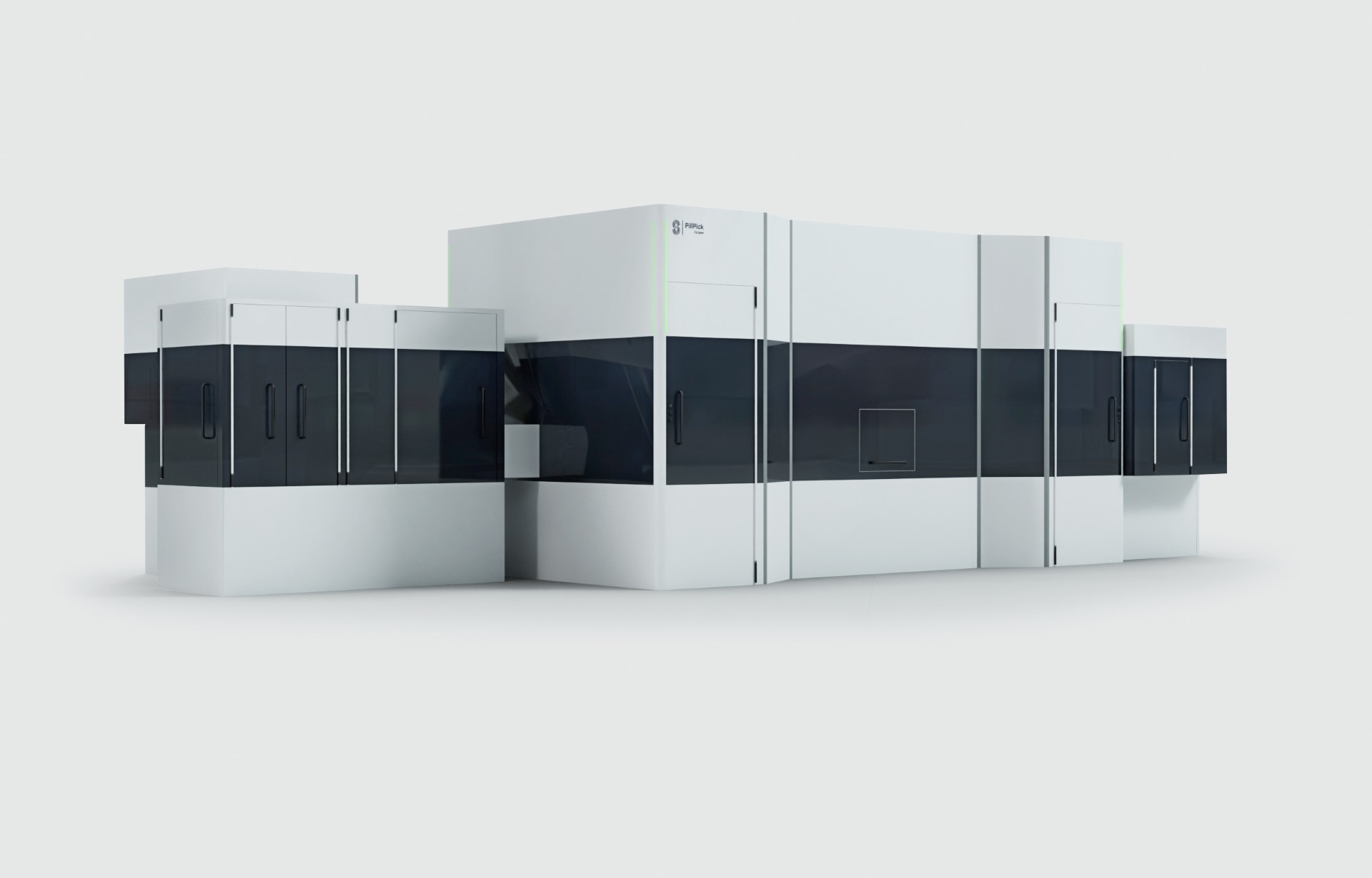Reading Time: 3 min.
In hospitals, diagnosis and therapy are by far the most important processes centered around the patient. A fast analysis of samples in the lab is crucial. If the sample analysis is delayed, patients have to stay longer and treatment is stalled. The OpenLog automated receiving station is a solution for this problem, increasing efficiency in modern labs by up to 50 %.
University Hospital Bonn: more efficient than ever
The University Hospital Bonn treats around 500,000 inpatients and outpatients every year, relying on a sophisticated pneumatic tube system. 145 sending and receiving stations—among them five OpenLogs, automatic receiving station—ensure smooth processes. The OpenLog stations are installed in the lab and have been making workflows more efficient since 2019.
Lab stations in the TranspoNet pneumatic tube system
A pneumatic tube system consists of tubes, blowers, diverters and stations. Sending and receiving stations or a combination of both are used depending on ward needs. Different types of stations meet additional requirements, as labs for example need different assets than regular wards.
Fully-automated unloading with the OpenLog station
For labs, an automatic unloading station is usually the best choice. Especially in hospitals with high sample throughput, analyses can be carried out considerably faster. Consequently, treatment starts sooner. The UKB has identified the need for 3 OpenLog stations, which now facilitate the daily life of lab technicians.
Receive, open, unload, send back
Incoming and outgoing transports with the OpenLog are handled on separate lines in order not to block the line to the lab, optimizing throughput. After the sample has been sent from the ward, the OpenLog station automatically receives, opens and unloads the carrier. This way, up to 140 deliveries per hour can be processed in a hygienic manner.
Empty carriers can directly be sent back to the station in the system which, according to the intelligent empty carrier management, shows acute need.
Manual transportation routes become superfluous in this closed loop. Hygienic standards are improved as the retrieval of carriers is contactless – especially relevant for potentially contagious samples.
In addition, it is possible to seamlessly connect the stations to the lab analysis line to take one more step towards full automation.
Choose the right OpenLog station
- OpenLog Light: slim design, suitable for institutions with limited space capacities.
- OpenLog+: Two tube lines for increased throughput.
Automatic pre-sorting, depending on urgency
The samples are sorted into two baskets depending on their urgency – an advantage for the staff at the UKB.
For particularly urgent samples, there is a visual signal, alerting the lab staff to a carrier containing an urgent sample.
Repetitive and time-consuming tasks, such as checking the sample label for info about urgency, requesting information from the system or manually opening, unloading and closing the carriers, are no longer necessary. The time saved shortens treatment times for patients.
Conclusion: OpenLog stations facilitate processes in labs
The UKB staff is convinced of the many advantages OpenLog offers, such as:
- Carriers are opened, unloaded, closed and sent back automatically.
- Samples are sorted according to urgency.
- High hygienic standards are met with contactless retrieval.
- Efficiency increases by 50%.
The right diagnosis – the right treatment
It is crucial for a diagnosis to be based on correctly determined test results. Mistakes or delays during manual transport are prevented with OpenLog, improving diagnosis and treatment for patients.
About the author Uwe Hogartz
Uwe is our Product Manager TranspoNet and responsible for all our products belonging to the pneumatic tube system TranspoNet – from the carrier to the tube up to the station. This includes all solutions currently available on the market, but also those that will be developed in the future. Creating requirement profiles, data sheets and price lists is part of his job.










